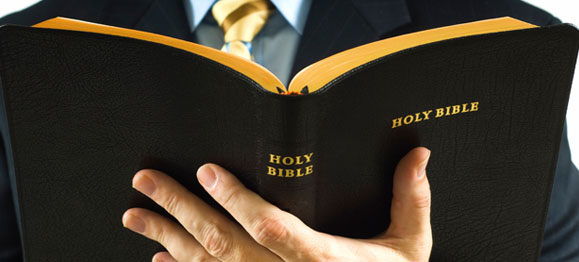(This is part 2 of a three-part post, highlighting a few key areas of Baptist distinction. See part 1 here.)
What makes Baptists distinct? In the last post, we noted that Baptists believe in Bible authority, and both our faith and practice is based on God’s Word. Now we see the Baptist distinctives regarding the church.
We believe the church is a special place—a local, called out body of believers, belonging to the Lord (Acts 20:29–29).
The autonomy of the local church
The autonomy of the local church is a major distinction for Baptists. We believe that every local church is self-governing, independent of a hierarchical framework or outside governmental structure. Each church is responsible to run its own affairs in accordance to the Word of God, the Holy Spirit, and the human leadership God has given each congregation.
Separation of church and state
God ordained the institution of human government and established the church, yet each has a separate purpose (Matthew 22:21). Government has the responsibility to protect innocent citizens and punish evil doers (Romans 13:1, 6). It was never ordained to dictate spiritual direction or control those who do not believe as we do. The church, on the other hand, was commissioned to take the Gospel into the world and not to govern nations (Matthew 28:19–20; Acts 5:27–20).
State churches of the past (Catholic, Protestant, and even Muslim) have mandated faith by requiring citizens to ascribe loyalty to the church—baptizing infants into membership, collecting a portion of state taxes, etc. Historically, Baptists have taught that the government and the church should be independent of one another and that salvation must be a personal decision of faith, free of any outside coercion.
Two offices
Scripture only mentions two church offices—pastor (also referred to as elder or bishop) and deacon (1 Timothy 3:1–13). These two offices are to be filled by godly men in each local church. Once again, we see no hierarchical structure of outside authority even suggested in Scripture.
Two ordinances
Christ instructed His disciples to practice both baptism and communion (Matthew 28:19; Matthew 26:26–28; 1 Corinthians 11). Both of these are ordinances commanded to be administered by the church and are for believers only. They cannot redeem us, but they are practiced by the redeemed. They identify us with the church body and are part of our fellowship through Christ in the body.
Foxe’s Book of Martyrs tells of many who were persecuted and killed for the very truths listed above. They were not martyred for civil crimes against the state, but simply for preaching salvation through Christ alone, which was contrary to state church teachings.
John Rogers, William Tyndale, John Bradford, John Leaf, Anne Askew, and millions of others believed the authority of God’s Word so strongly that they were willing to die for its truths. These men and women stood for the inspiration of Scripture, salvation through the blood of Christ apart from the sacraments, the biblical Lord’s Table, and the priesthood of the believer. Their sacrifices stand as a stirring reminder to the importance of biblical Baptist distinctives.
In part 3 of this post, we’ll see three specific practices that are unique to Baptists.




